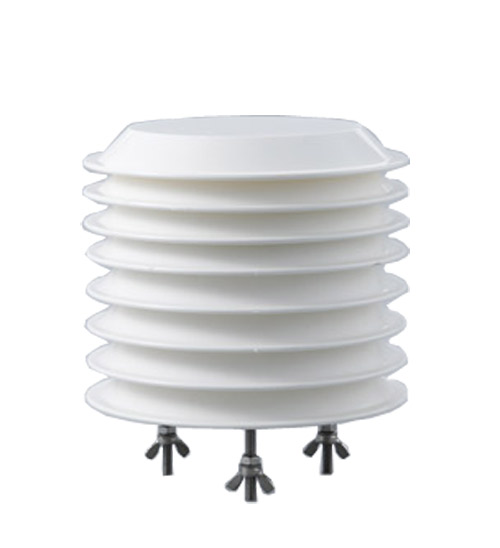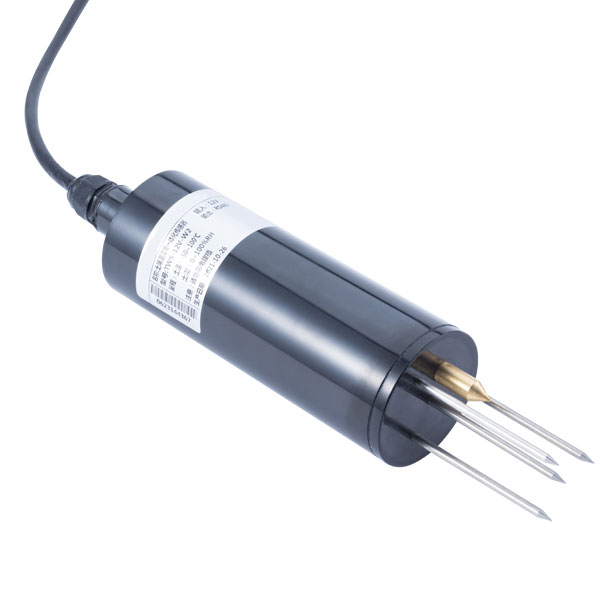

— Blogs —
—Products—
 Consumer hotline +8618073152920
Consumer hotline +8618073152920 WhatsApp:+8615367865107
Address:Room 102, District D, Houhu Industrial Park, Yuelu District, Changsha City, Hunan Province, China
Product knowledge
Time:2021-11-18 21:50:51 Popularity:1688
The difference between RTU and DTU
RTU
RTU (Remote Terminal Unit), the English full name is RemoteTerminalUnit, and the Chinese full name is Remote Terminal Control System, which is responsible for monitoring and controlling on-site signals and industrial equipment. RTU (RemoteTerminalUnit) is the core device that constitutes an enterprise's integrated automation system. It is usually composed of signal input/output modules, microprocessors, wired/wireless communication equipment, power supplies, and shells. It is controlled by microprocessors and supports network systems. Through its own software (or intelligent software) system, it can ideally realize the functions of telemetering, remote control, remote signaling and remote adjustment of primary instruments on the production site by the central monitoring and dispatching system of the enterprise.
RTU composition
RTU's hardware mainly includes functional modules such as CPU, memory, and various input and output interfaces. These modules are integrated into the circuit board, and the functional modules of the RTU are connected through the circuit board wiring. The CPU is the central system of the RTU controller, responsible for processing various input signals, and after arithmetic processing, the output is completed. The memory is the RTU memory system, used to store various temporary or permanent data.
Among them, the switch input unit: collects various on-site switch signals. The on-site signal can be a relay contact switch (passive), a voltage signal, or a current signal. Due to the use of optical isolation devices, it can resist various interferences on site, and can work normally under strong electric field, strong magnetic field, dusty and humid environment.
Switch output unit: used to remotely control the start and stop, sound and light, and alarm of remote equipment.
Analog input unit: adopts analog switch and photoelectric isolation technology to collect various analog signals on site, which can be 4-20mA, 0-10mA standard analog signals; it can also be non-standard analog signals, such as AC 220V, etc., A/ D board adopts intelligent A/D conversion and software technology, which can resist 50Hz interference of power frequency, radio frequency interference, etc., and the accuracy of A/D conversion is up to 14 bits. The analog quantity circuit is isolated, which can be used for the simultaneous acquisition of different ground potential equipment.
RTU
Analog output unit: used for various automatic control systems in PID adjustment mode.
Pulse input unit: the frequency of collecting pulse signals, with optical separation. The frequency range of the collected signal is 0-20MHz.
Digital input unit: Receive various serial data signals. It can be RS485 interface, RS232, RS422 interface, or asynchronous serial data under various baud rates such as V11 and V28. It can also collect 64K synchronized data.
Including various communication methods such as RS485 interface, RS232 interface, Ethernet interface, and HART instrument interface.
DTU (Data Transfer Unit) is a wireless terminal device specially used to convert serial port data into IP data or convert IP data into serial port data for transmission through a wireless communication network. DTU is widely used in meteorology, hydrology and water conservancy, geology and other industries. DTU is also the abbreviation of Technical University of Denmark (Technical University of Denmark), the world's top technical university.
DTU core functions
1) Internally integrated TCP/IP protocol stack
GPRS DTU encapsulates PPP dial-up protocol and TCP/IP protocol stack and has an embedded operating system. From the hardware, it can be regarded as a combination of embedded PC and wireless GPRS MODEM; it has GPRS dial-up Internet access and TCP/IP data The function of communication.
2) Provide two-way conversion function of serial data
GPRS DTU provides serial communication interfaces, including RS232, RS485, RS422, etc., which are commonly used serial communication methods, and most of GPRS DTU designs serial port data into a "transparent conversion" method, which means that GPRS DTU can Convert the original data on the serial port into TCP/IP data packets for transmission without changing the original data communication content. Therefore, GPRS DTU can be connected with various user equipments that use serial communication, and there is no need to modify the user equipment.
3) Support automatic heartbeat and stay online permanently
One of the advantages of the GPRS communication network is to support GPRS terminal equipment to be permanently online. Therefore, the typical GPRS DTU is designed to support the permanent online function. When there is no data communication, the mobile gateway will disconnect the DTU from the center. The heartbeat packet means that the DTU and the data center send a small data packet before the connection is disconnected to keep the connection from being disconnected), support automatic reconnection after disconnection , Automatic redial and other features.
4) Support parameter configuration, permanent storage
As a kind of communication equipment, GPRS DTU has a wide range of applications. In different applications, the IP address and port number of the data center, the baud rate of the serial port, etc. are different. Therefore, GPRS DTU should support parameter configuration, and save the configured parameters in the internal permanent storage device (usually FLASH or EEPROM, etc.). Once powered on, it will automatically work according to the set parameters.
5) Support user serial port parameter setting
The serial port parameters of different user devices are different. When the DTU is connected to the serial port of the user device, the DTU terminal must be set according to the actual parameters of the user device serial port to ensure the normal communication and reliable data transmission of the user device.
Sensors & Weather Stations Catalog
Agriculture Sensors and Weather Stations Catalog-NiuBoL.pdf
Weather Stations Catalog-NiuBoL.pdf
Related recommendations
Related products
 Atmospheric Temperature Humidity Pr···
Atmospheric Temperature Humidity Pr··· Soil Temperature Moisture Sensor 4-···
Soil Temperature Moisture Sensor 4-··· Air temperature, humidity and atmos···
Air temperature, humidity and atmos···
Screenshot, WhatsApp to identify the QR code
WhatsApp number:+8615367865107
(Click on WhatsApp to copy and add friends)